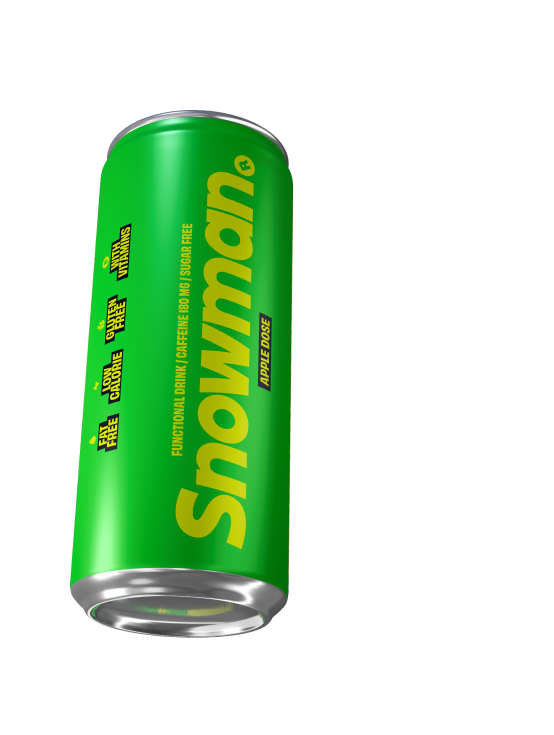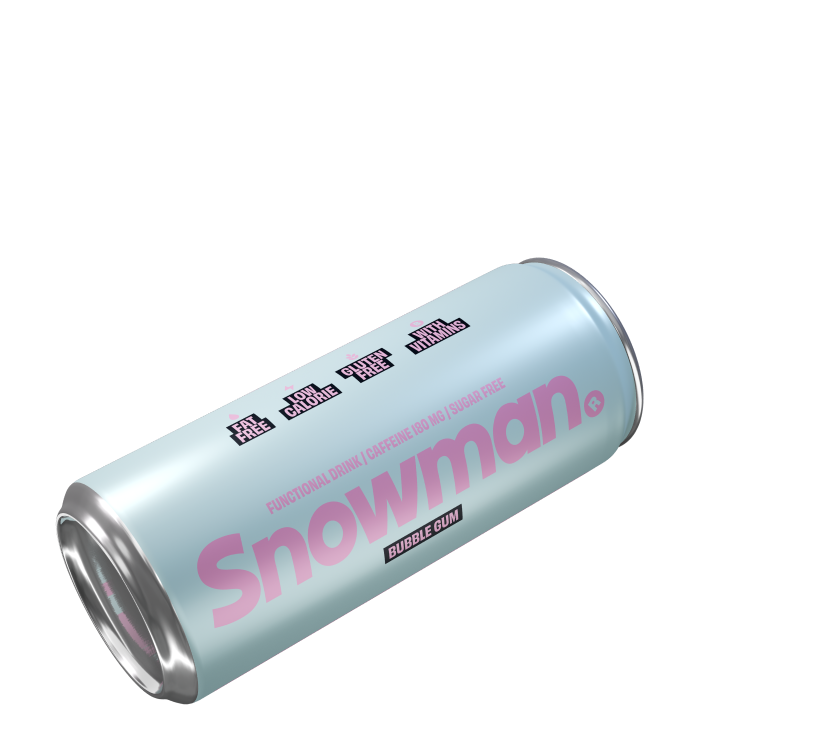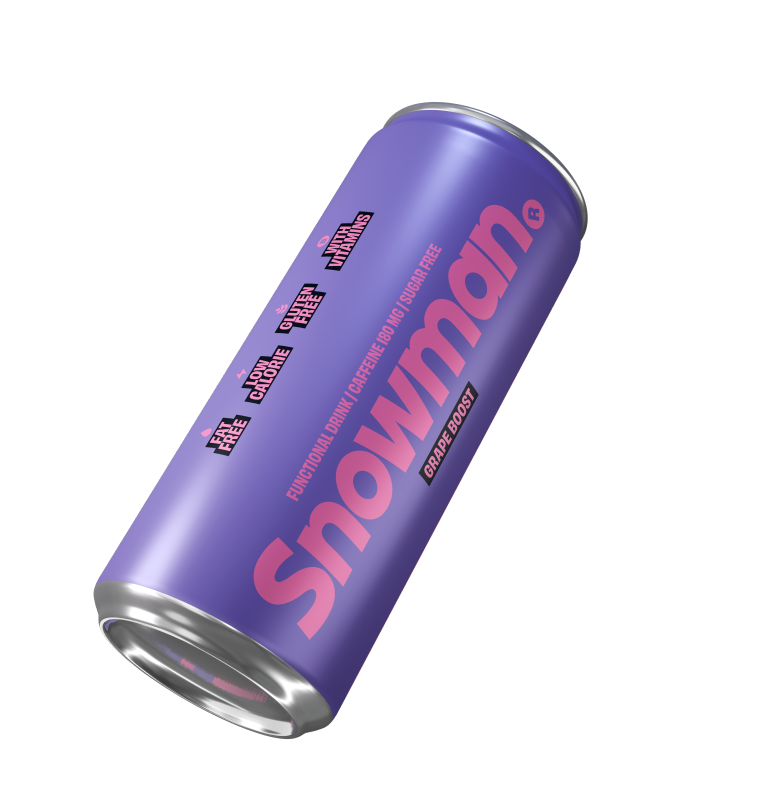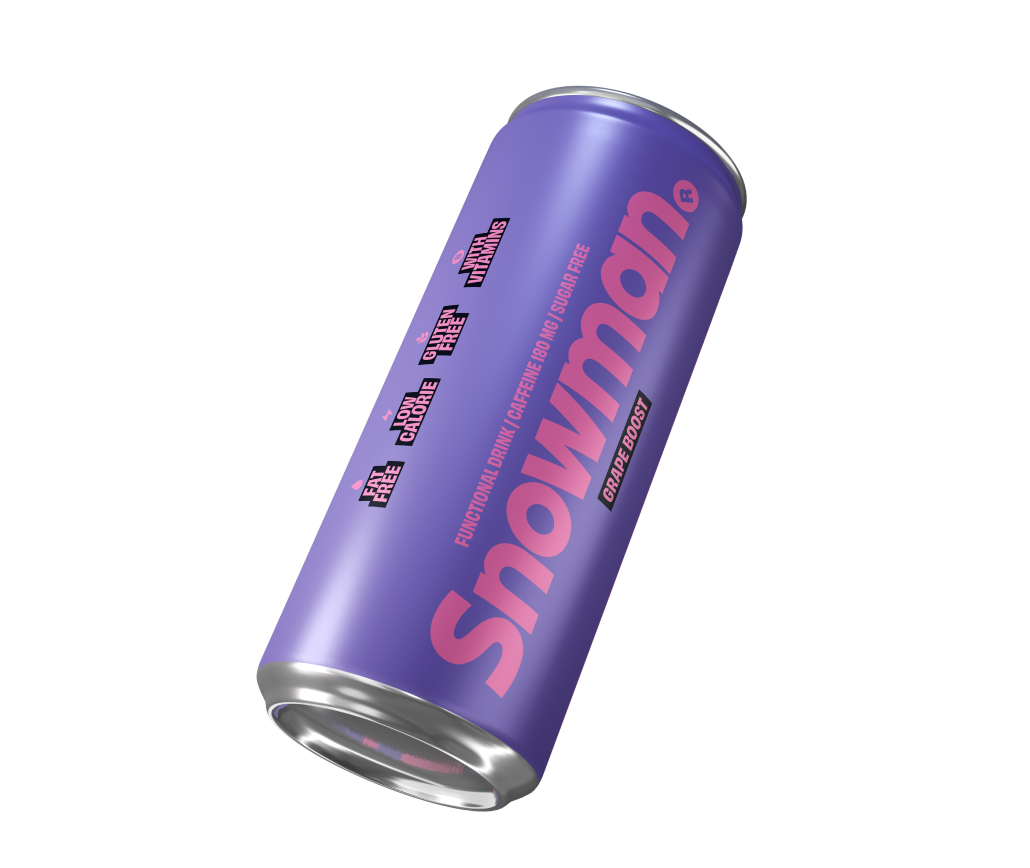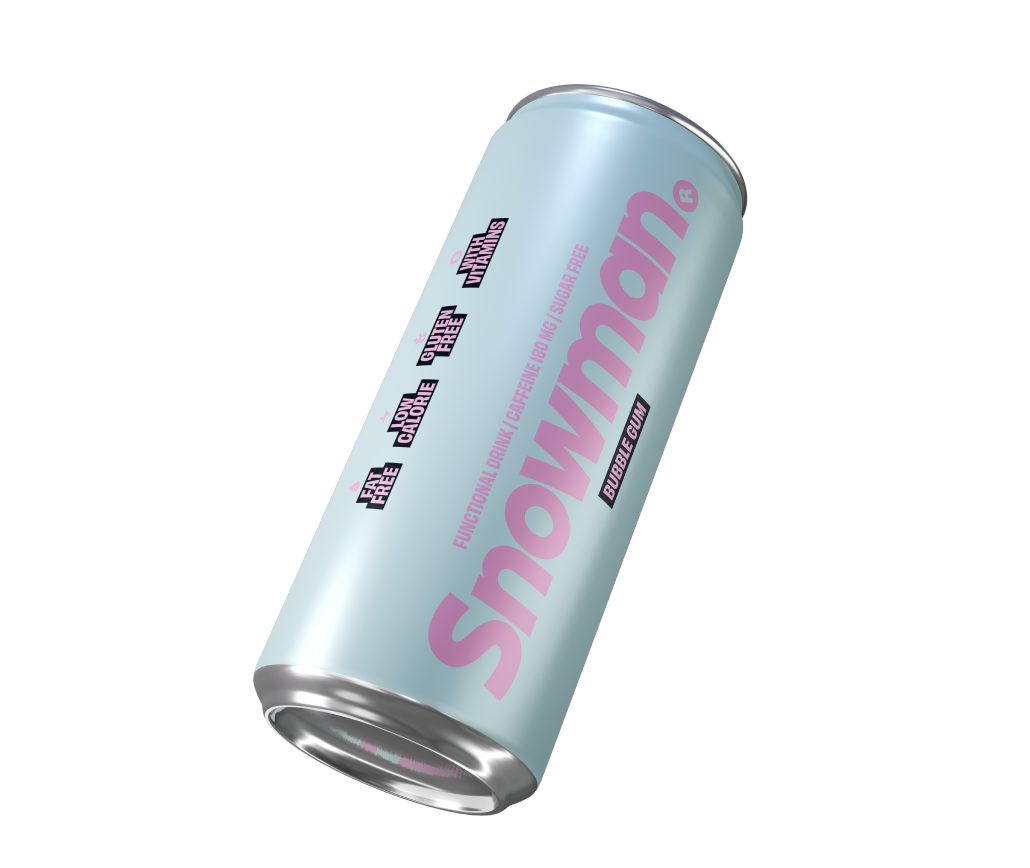
Latvia is making headlines in the European Union for becoming one of the most progressive countries in regulating vaping and nicotine products. As of January 1, 2025, the Latvian government has rolled out a comprehensive legislative package aimed at tightening controls over tobacco alternatives such as e-cigarettes and nicotine pouches. These sweeping reforms address everything from age limits and flavor bans to nicotine concentrations and excise taxes. The goal is clear: to reduce youth uptake, prevent long-term addiction, and curtail the environmental and public health impact of nicotine use.
This move puts Latvia at the forefront of a growing European trend—one that balances consumer access with harm reduction while pushing the vaping industry toward greater accountability and public safety.
Legal Age Raised to 20: A Youth-First Public Health Strategy
One of the most headline-grabbing changes in Latvia’s new regulations is the increase in the minimum legal age for purchasing tobacco and nicotine products. Previously set at 18, the legal age has now been raised to 20 years. This adjustment covers traditional cigarettes, electronic vaping devices, nicotine pouches, and even herbal smoking substitutes.
The government has made it clear: this is about protecting the country’s youth. Data from Latvia, and indeed across the EU, show rising rates of experimentation with vaping among teenagers and young adults. By increasing the age limit, Latvia is taking a proactive step to reduce early nicotine exposure—a major risk factor for lifelong addiction.
Retailers will need to adapt quickly. Selling tobacco or nicotine products to anyone under 20 can now result in steep penalties: fines of €280–700 for individuals and up to €7,100 for businesses. These are not symbolic measures—they are designed to reshape retail practices, tighten compliance, and prioritize health over profit.
Flavored Products Banned: Ending the Sweet Trap for Teenagers
Another cornerstone of the new regulation is the ban on flavored vaping products, except for tobacco flavor. The law prohibits fruit, candy, mint, and dessert-like flavors—options that have traditionally appealed to younger, first-time users.
But Latvia’s policy goes even further. Unlike some countries that allow subtle “aromatic” variants or flavor descriptors, Latvia is taking a hard line. Only 16 specific ingredients are now permitted for use in tobacco-flavored e-liquids—many of which are neutral or associated with classic tobacco profiles. This mirrors recent legislation in the Netherlands and aligns with a wider European push to de-glamorize nicotine delivery systems.
Nicotine pouches are also affected. Once seen as a cleaner, discreet alternative to vaping, they too are now subject to flavor bans. Products that once came in enticing options like spearmint, berry blast, or vanilla frost are now off the shelves.
This decision stems from mounting evidence that flavors are a gateway—not just for attracting new users, but also for encouraging deeper usage among existing ones. By removing these flavor profiles, Latvia hopes to make vaping less attractive, especially for non-smokers and youth.
Nicotine Strength Restrictions: Keeping Addiction in Check
In addition to limiting how products taste, Latvia has implemented new caps on nicotine concentration—especially for nicotine pouches. The limit has been set at 4 mg/g, a level that is significantly lower than many popular brands on the market today.
This move is designed to reduce the addictive potential of these products. High-nicotine formats—especially when combined with appealing flavors and sleek designs—are often the reason new users escalate from experimentation to dependence. By lowering the nicotine ceiling, Latvia aims to provide safer alternatives for existing users while deterring nicotine-naïve individuals from entering a cycle of addiction.
It’s a measure grounded in public health science: lower nicotine equals lower dependency. Latvia is hoping this approach will shift consumers toward more mindful and moderated usage.
New Tax Rules: Hitting Where It Hurts—The Wallet
A regulatory overhaul would be incomplete without a discussion on economics. Latvia’s new policies come with a structured tax increase plan that aims to disincentivize overconsumption.
Starting in 2024 and continuing through 2026, the excise duty on e-liquids will increase by an average of 21% per year. For nicotine pouches and other tobacco substitute products, the rise will be 10% annually. These changes are significant and will impact pricing across the board—from premium brands to budget options.
By making these products more expensive, the Latvian government is leveraging a proven public health tool: pricing. Higher costs typically lead to decreased consumption, particularly among price-sensitive groups like teenagers and low-income consumers.
However, this strategy is not without criticism. Harm reduction advocates warn that overtaxing safer alternatives like e-cigarettes may push consumers back toward more harmful, combustible tobacco. The key, they argue, is to ensure taxation levels are proportional to product risk, preserving the incentive to switch from smoking to vaping.
Legal and Industry Pushback: Resistance Brews
Predictably, the new regulations have not gone unchallenged. Pro Vape, a major e-cigarette manufacturer operating in Latvia, has filed a lawsuit claiming that the flavor ban violates constitutional rights, including the right to private enterprise and consumer freedom. The Latvian Constitutional Court is scheduled to review the case in May 2025, with a ruling expected later in the year.
In the meantime, businesses are finding ways to adapt. Some retailers have begun offering “shortfill” e-liquids, which are unflavored nicotine bases sold with separate flavoring concentrates. Customers mix these at home, technically avoiding the flavor ban while still enjoying customized vaping experiences. This model is already common in countries like the UK and Germany, where similar flavor restrictions exist.
Nonetheless, regulatory agencies have made it clear: loopholes will be scrutinized. Retailers are advised to stay informed and compliant, as the penalties for non-compliance are steep and the regulatory environment is becoming more vigilant.
Global Context: Latvia Joins the European Regulatory Wave
Latvia is not acting in isolation. Its policies reflect a broader European trend toward tighter regulation of vaping and nicotine products. Countries like Denmark, Finland, and the Netherlands have already enacted flavor bans, while others, such as Germany and France, are actively debating similar legislation.
At the EU level, discussions continue around a revised Tobacco Products Directive, which may standardize rules across member states. Latvia’s latest measures could serve as a blueprint for countries still navigating their own regulatory frameworks.
This harmonization is both a challenge and an opportunity for manufacturers. It requires greater transparency, improved product safety, and often, significant changes in formulation and branding. But it also opens the door to a more unified European market—one where consumer trust is high and public health outcomes are prioritized.
Health Implications: Short-Term Pain for Long-Term Gain
Latvia’s reforms are not just about regulation—they are about reshaping public health outcomes. The country currently has one of the highest smoking rates in the EU (22.1% daily use). While vaping has been promoted as a safer alternative, its unregulated growth posed new health risks, especially for younger populations.
By introducing these laws, Latvia hopes to:
- Reduce the number of new nicotine users.
- Encourage current users to taper or quit.
- Shift the industry toward safer, more responsible practices.
- Prevent future health costs associated with nicotine addiction and tobacco-related diseases.
These are ambitious goals. And while the short-term impact on businesses and consumers may be disruptive, the long-term benefits—both medically and economically—could be transformative.
Conclusion: A Progressive Model for Tobacco Control
Latvia’s strengthened vaping regulations represent one of the most forward-thinking public health strategies in the EU. By raising the legal age, banning flavors, restricting nicotine strength, and increasing taxes, the country is taking a firm stance against the uncontrolled growth of nicotine consumption.
While the industry continues to debate and resist some of these changes, there’s little doubt that Latvia is setting a new standard. The effectiveness of these policies will depend on robust enforcement, public education, and the availability of safer, legal alternatives for adult smokers.
For international policymakers, health advocates, and industry players, Latvia is now a case study in decisive, health-oriented regulation. It’s a reminder that when it comes to public health, bold leadership often paves the way for lasting change.
